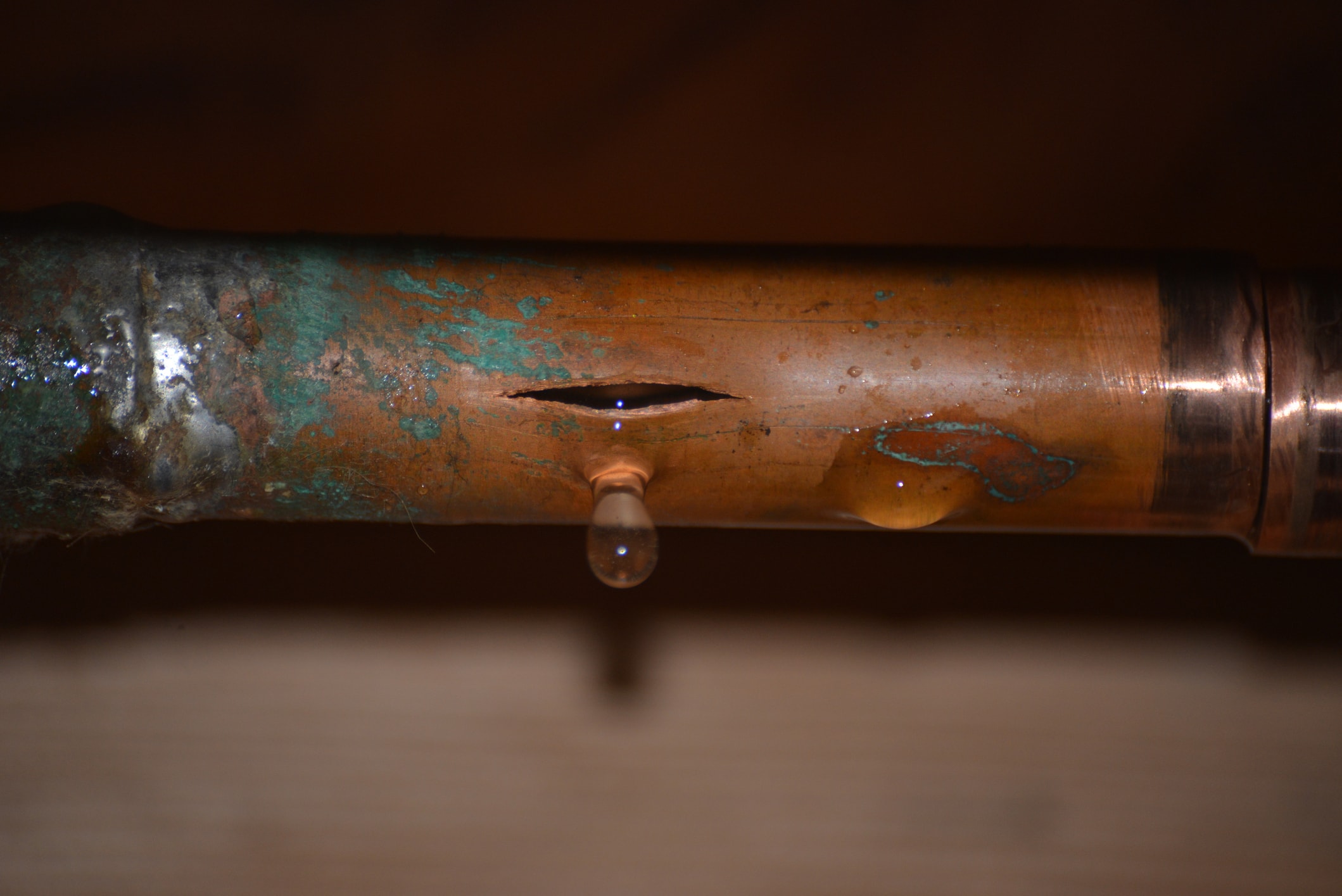
The best way handle frozen pipes is to keep them from freezing in the first place. Unfortunately, this sometimes can’t be avoided and by acting fast, you can reduce damage to your pipes and home as well as the cost of repairing them. Frozen pipes don’t always burst, but when they do, it’s because the water freezes and expands which adds significant pressure to your pipes. This then causes a crack in your pipe or a small leak which can result in water flowing inside your house.
Therefore, if you do have one or more of your pipes freeze, there are some tips you can follow to thaw them out safely.
Identify Freezing Pipes
Identifying if your pipes are frozen is the first step. A good sign they are frozen is if you notice a frosty water line or if your pipes seem to be bulging. In some cases, you won’t be able to see all your pipes, so if your toilets won’t refill and your faucets don’t flow, there is a good chance you have frozen pipes.
How to Thaw a Frozen Pipe
The first thing you want to do if you have frozen pipes is to turn your water supply off that goes to your plumbing since after they thaw is when you will have your biggest trouble. This is due to the frozen water working like a plug which prevents the water from leaking out your pipes through the cracks. Water flows out once the plug thaws.
The biggest mess is the water that spews out after you thaw out your pipes so have a mop and bucket ready and a few towels.
To thaw out a frozen pipe you can use a hair dryer, space heater or a heating lamp. You can also use thermostatically controlled heat tape to wrap up your frozen pipes and thaw them out. Never use a propane torch to thaw your pipes as this could end up a fire risk.
It’s also a good idea to call a professional plumber. Try to remove as much water as you can using the towels, mop or a dry/wet vacuum to minimize mildew, mold and other problems caused by moisture.
Last, if there is any damage or big messes, you should give your independent insurance agent a call to talk about your homeowner’s insurance coverage for water damage and burst pipes.